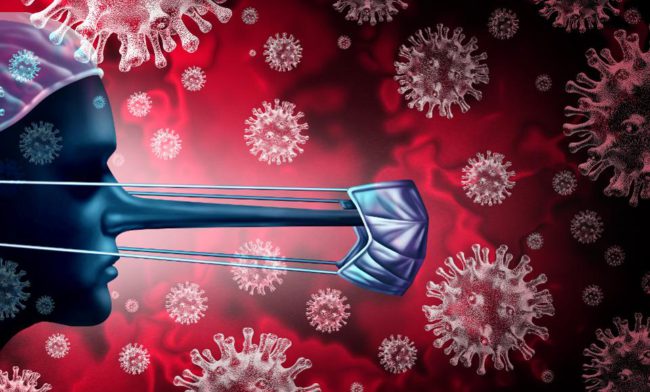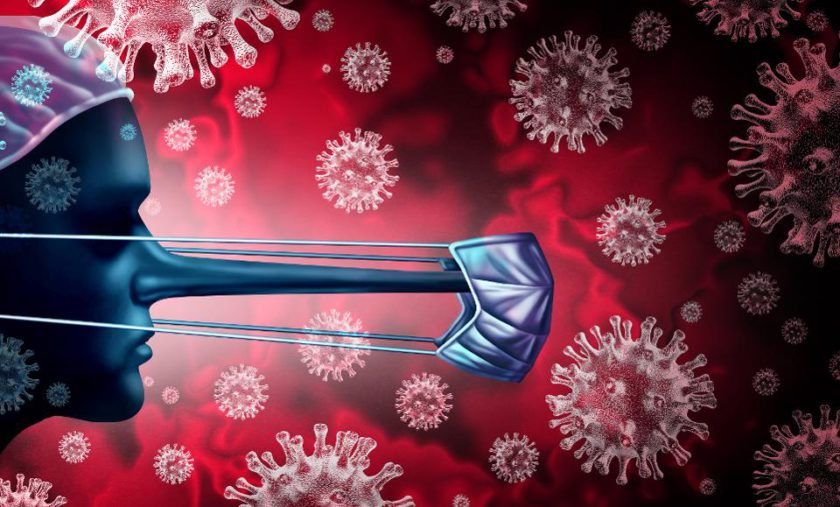
We can all express opinions as to why misinformation flourishes. When it comes to popular mythology being presented as fact, COVID-19 has helped focus the thinking on this because in that context, the embrace of BS can have rather dire consequences.
There is a new study that has just been published.
Let’s take a look and see what we can learn about strategies that can be deployed to tackle the problem.
Study: Fighting COVID-19 Misinformation on Social Media: Experimental Evidence for a Scalable Accuracy-Nudge Intervention
Published in Psychological Science on June 30, 2020 the researchers conducted studies to examine why people share false claims about COVID-19.
A quick summary
Across two studies with more than 1,700 U.S. adults recruited online, they present evidence that people share false claims about COVID-19 partly because they simply fail to think sufficiently about whether or not the content is accurate when deciding what to share.
In Study 1, participants were far worse at discerning between true and false content when deciding what they would share on social media relative to when they were asked directly about accuracy. Furthermore, greater cognitive reflection and science knowledge were associated with stronger discernment.
In Study 2, they found that a simple accuracy reminder at the beginning of the study (i.e., judging the accuracy of a non-COVID-19-related headline) nearly tripled the level of truth discernment in participants’ subsequent sharing intentions.
Their results, which mirror those found previously for political fake news, suggest that nudging people to think about accuracy is a simple way to improve choices about what to share on social media.
The full paper (no paywall) is actually quite readable. Permit me to quote mine a few extracts …
Misinformation in a COVID-19 context
The COVID-19 pandemic represents a substantial challenge to global human well-being. Not unlike other challenges (e.g., global warming), the impact of the COVID-19 pandemic depends on the actions of individual citizens and, therefore, the quality of the information to which people are exposed. Unfortunately, however, misinformation about COVID-19 has proliferated, including on social media
In the case of COVID-19, this misinformation comes in many forms—from conspiracy theories about the virus being created as a biological weapon in China to claims that coconut oil kills the virus. At its worst, misinformation of this sort may cause people to turn to ineffective (and potentially harmful) remedies, as well as to either overreact (e.g., by hoarding goods) or, more dangerously, underreact (e.g., by engaging in risky behavior and inadvertently spreading the virus). As a consequence, it is important to understand why people believe and share false (and true) information related to COVID-19—and to develop interventions to increase the quality of information that people share online.
We don’t want too misinform … so why do we do it?
People generally wish to avoid spreading misinformation and, in fact, are often able to tell truth from falsehood; however, they nonetheless share false and misleading content because the social media context focuses their attention on factors other than accuracy (e.g., partisan alignment). As a result, they get distracted from even considering accuracy when deciding whether to share news—leading them to not implement their preference for accuracy and instead share misleading content.
What happened in their COVID-19 misinformation studies?
They verified the problem in Study 1
In Study 1, participants were willing to share fake news about COVID-19 that they would have apparently been able to identify as being untrue if they were asked directly about accuracy.
The explored a way to address that in study 2
In Study 2, Prior to deciding which headlines they would share on social media, participants were subtly primed to think about accuracy by being asked to rate the accuracy of a single non-COVID-related news headline. This minimal, content-neutral intervention nearly tripled participants’ level of discernment between sharing true and sharing false headlines.
Bottom Line
People are sharing misinformation because on inattention to accuracy. They are being distracted from asking themselves if it is true.
A subtle nudge, simply priming them to consider accuracy makes a huge difference.
It is not a complete solution, but a subtle nudge will have an impact on the overall quality of information shared online.
This new study is a good step forward.
The Lead Author on Twitter
It’s worth checking out that full thread. Here are some snippets …
